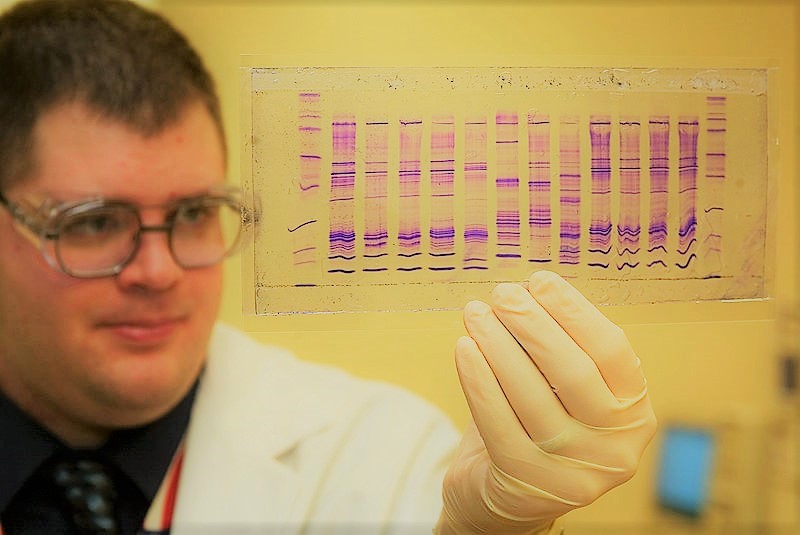Consumer DNA testing promises more than it delivers
By Tina Hesman Saey,
ScienceNews
| 05. 22. 2018
In Nevada, 40,000 people are stepping up to the cutting edge of precision medicine. They are getting their DNA deciphered by the testing company Helix. The idea of the Healthy Nevada project is to link genetic and medical data with information about the environment to get a clearer picture of all the factors that influence health. The free tests are going like hot cakes.
When the Healthy Nevada project launched a similar partnership with 23andMe in 2016, 5,000 residents were offered a free testing kit in exchange for participation in the program.“Within 24 hours, 5,000 people had broken our website and signed up really enthusiastically,” says project head Joseph Grzymski, a computational biologist at the Desert Research Institute’s Reno campus. Another 5,000 kits were offered up. “Within 24 hours that sold out,” Grzymski says, “and we had 4,000 people on a waiting list.”
Even without an invitation or a free deal, consumers are flocking to these tests. Last year, more than 7 million people, mostly in the United States, sent their DNA to testing companies, according to industry...
Related Articles
By Arthur Lazarus, MedPage Today | 01.23.2026
A growing body of contemporary research and reporting exposes how old ideas can find new life when repurposed within modern systems of medicine, technology, and public policy. Over the last decade, several trends have converged:
- The rise of polygenic scoring...
By Stephanie Pappas, LiveScience | 01.15.2026
Genetic variants believed to cause blindness in nearly everyone who carries them actually lead to vision loss less than 30% of the time, new research finds.
The study challenges the concept of Mendelian diseases, or diseases and disorders attributed to...
By David Cox, Wired | 01.05.2026
As he addressed an audience of virologists from China, Australia, and Singapore at October’s Pandemic Research Alliance Symposium, Wei Zhao introduced an eye-catching idea.
The gene-editing technology Crispr is best known for delivering groundbreaking new therapies for rare diseases, tweaking...
By Josie Ensor, The Times | 12.09.2025
A fertility start-up that promises to screen embryos to give would-be parents their “best baby” has come under fire for a “misuse of science”.
Nucleus Genomics describes its mission as “IVF for genetic optimisation”, offering advanced embryo testing that allows...




